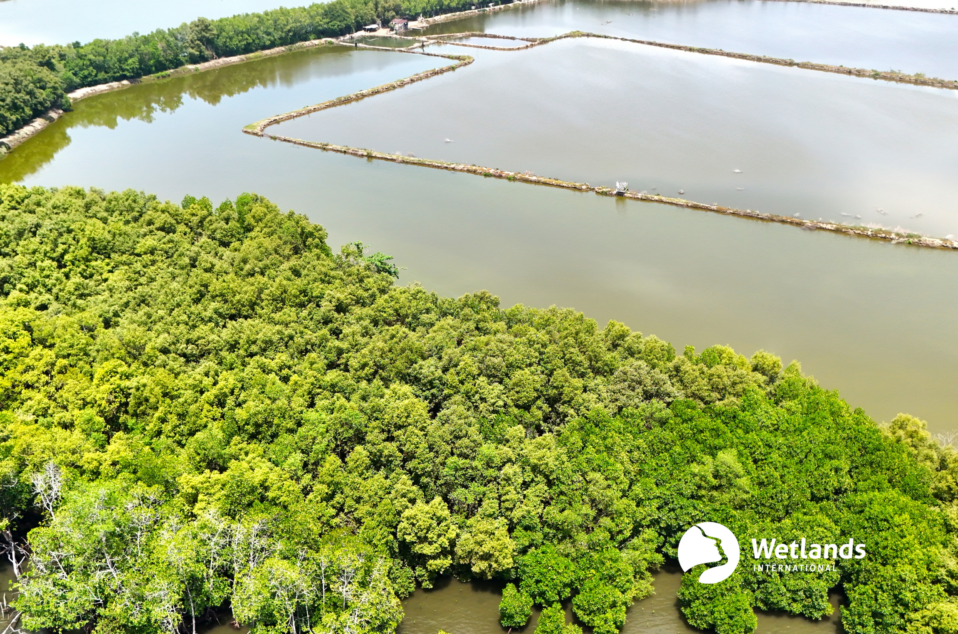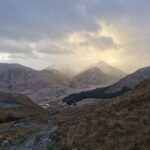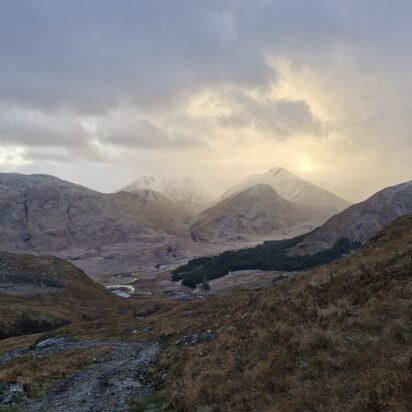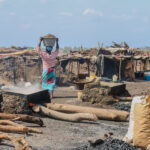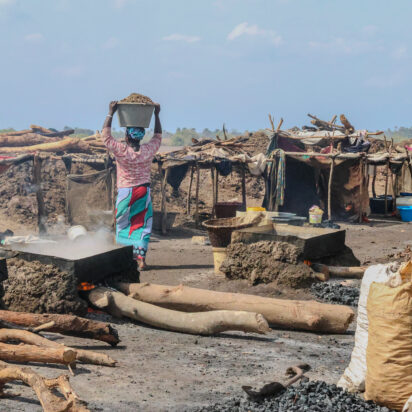Large scale implementation of best practice mangrove restoration in Guinea Bissau
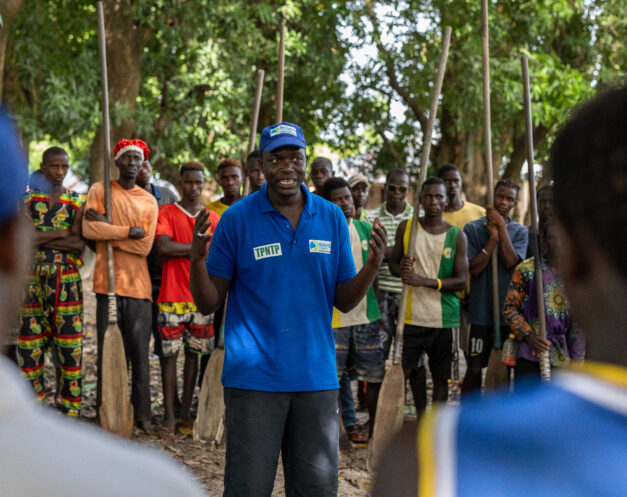
Wetlands International works to rehabilitate mangroves by applying best practices in mangrove restoration, and by enabling NGOs, government agencies and communities to effectively upscale their work. Guinea Bissau is one of the countries where we demonstrate community-based ecological mangrove restoration (CBEMR) on the ground, focused on natural mangrove regeneration, while we support others to embrace this approach and move away from traditional mass planting.
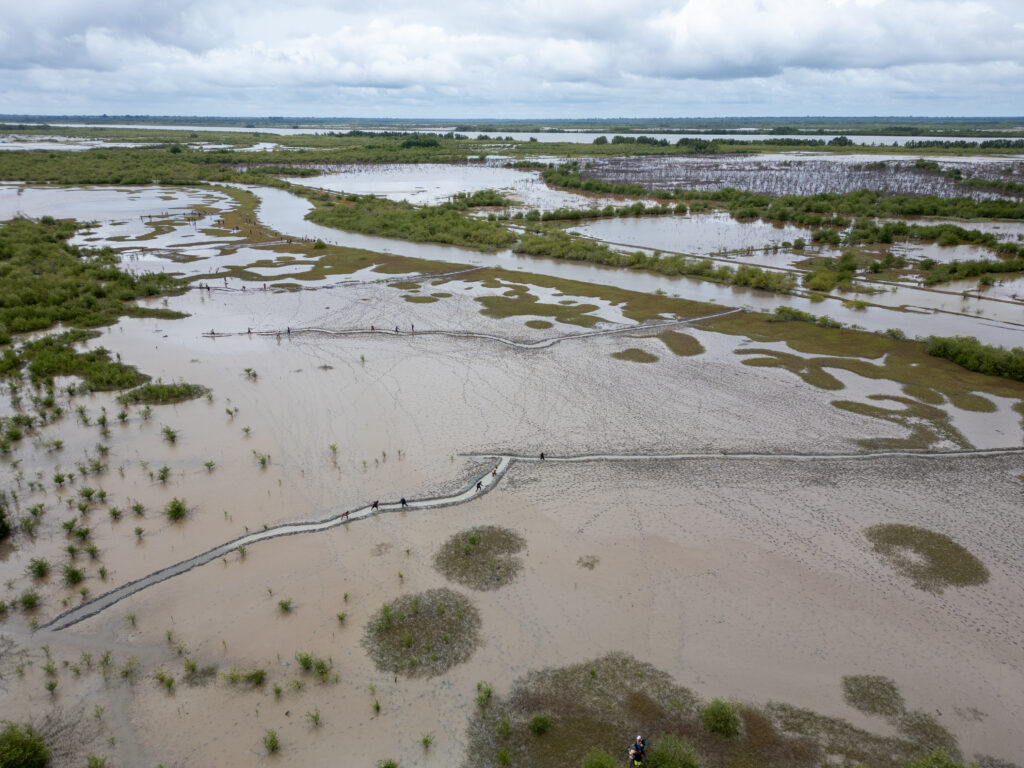
While small on a map, Guinea Bissau is one of the most sizeable mangrove countries in the world. In its beautiful Cantanhez and Cacheu National Parks and its buffer zones, Wetlands International naturally regenerated over 2,600 hectares of mangroves.
Providing countless species of fish and other resources, the mangroves are a lifeline to virtually all inhabitants of Guinea Bissau. Its coasts also support the second largest concentration of migratory water birds in Africa, sea-dwelling hippos and threatened species such as manatees and turtles.
Unfortunately the parks have been heavily degraded as a result of slash-and-burn agriculture practice, rice farming and over-exploitation of natural resources. Many former rice fields and farm lands never turned back to mangrove forests, despite many local efforts to restore the area through active replanting. Thousands of hectares lay barren as wastelands with little ecological and socio-economic value.
Wetlands International turned these wastelands back into wetland wonders, in collaboration with 3,000 community members, National Park staff and local NGOs, with a strong presence of young people. Our approach is to help the mangrove to naturally recover, and only plant where necessary to assist natural regrowth.
Previous planting projects yielded low results. However, soon after we restored the hydrology, Avicennia mangrove began to overgrow the entire area naturally
Laye Ndiaye, Wetlands International West Africa
With the ecological mangrove restoration approach, we first mapped hydrology, salinity, acidity and a number of other parameters across the delta, to understand how we can turn the buttons of the system.
It appeared that in many places, the soil turned from a muddy substance into a hardened crust as a result of intense agricultural use. In these conditions, mangroves seedlings cannot settle. Also, the salinity levels were too high for mangroves to withstand.
We broke up hardened top soils, breached dykes, and dug creeks to improve the distribution of water and flush salt out of the system. As a result, in most places mangrove seedlings have naturally re-established, and even faster than expected.
Only when necessary some mangroves were planted in areas where they did not regenerate naturally, despite good hydrological conditions. These areas lacked natural supply of seeds and had unfavourable soil conditions.
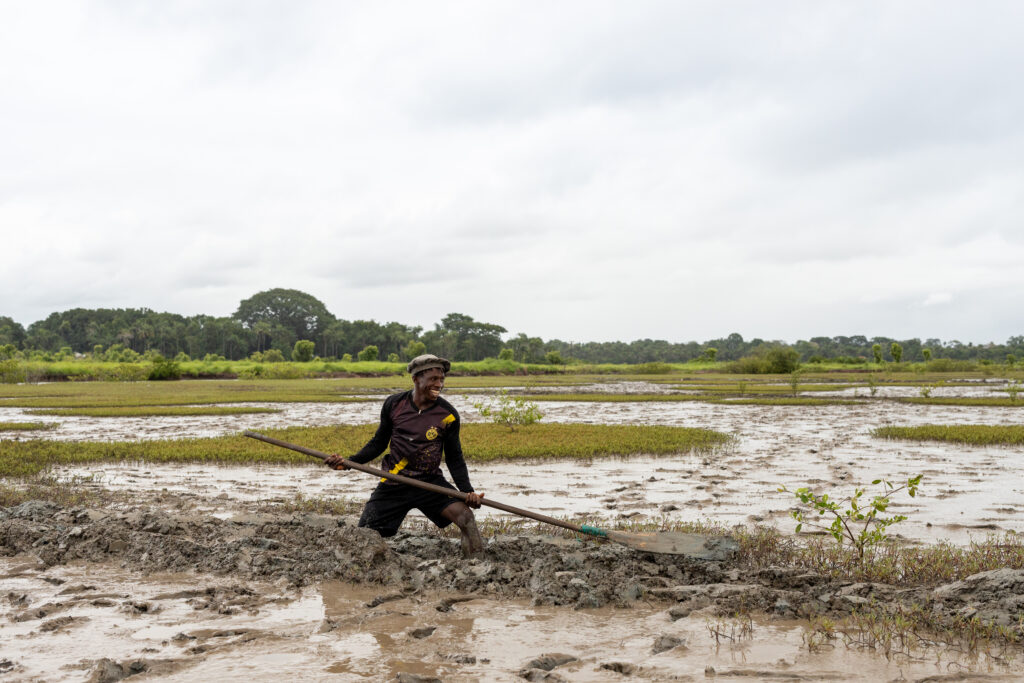
To address over-exploitation of remaining and restored mangroves, we support 2,500 communities, including those that helped restore the mangroves, with livelihoods development, such as gardening and improvement of dykes for active rice fields.
Our work has also led to improved conservation status of 96.000 ha mangroves in Cacheu National Park. Additionally, we have made preparations for the conservation in the Cantanhez National Park.
We also help schools with new equipment and environmental education, and raise awareness on the benefits of mangroves together with local community based organisations.
National Park staff received our support with biodiversity monitoring and better tools for surveillance to addressing illegal activities such as logging or fishing with forbidden nets.
To upscale this successful approach, we catalysed the creation of PLANTA, the national mangrove platform in Guinea Bissau. PLANTA’s aim is to improve coordination and alignment between different mangrove projects and stakeholders. We organized best practice mangrove restoration trainings, and now PLANTA members have already successfully restored 490 hectares of mangroves.
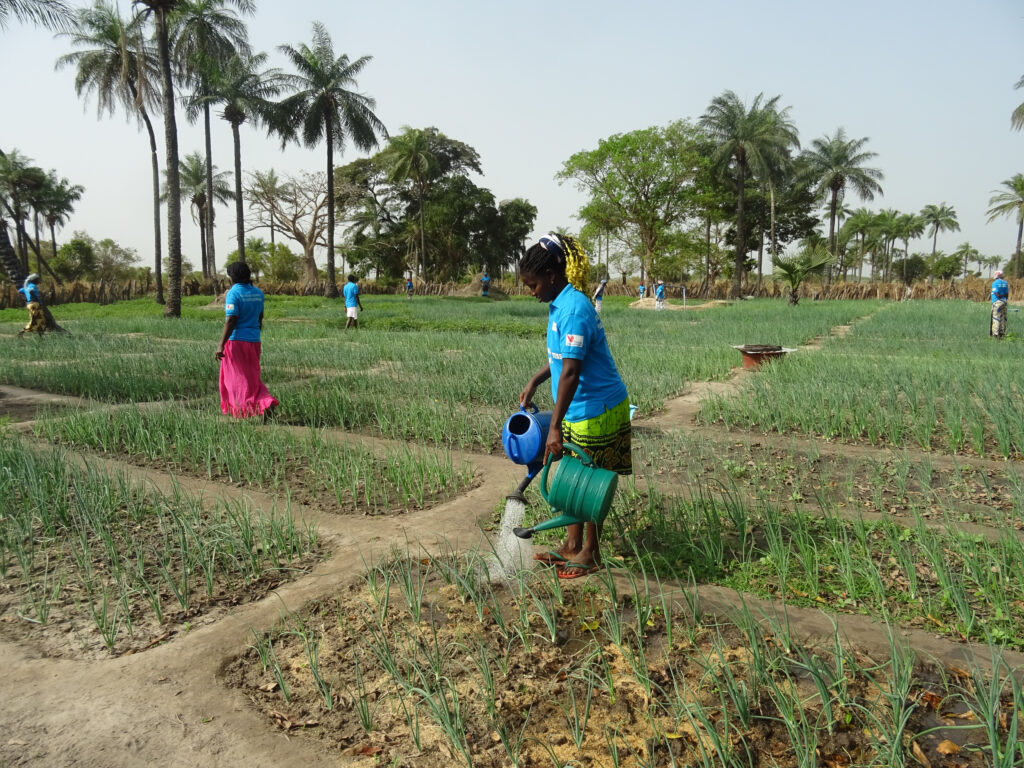
Supported by:
Our mangrove restoration and conservation work in Guinea Bissau supported through contributions from Otter Fonds, Tűring Foundation, COmON Foundation, Waterloo Foundation, Greenchoice, Salesforce, DOB ecology and the Dutch Postcode Lottery.
Learn more about Ecological Mangrove Restoration
- Video series on Effective Mangrove Restoration (available in multiple languages)
- Mangrove Restoration: To Plant or not to Plant leaflet (available in 11 languages)
- Best Practice Guidelines on Mangrove Restoration
- Case study: Demonstrating and upscaling Ecological Mangrove Restoration in North Kalimantan, Indonesia
- Achieving ambitious mangrove restoration targets will need a transdisciplinary and evidence-informed approach (Fries, D., et al, One Earth, 2022)






